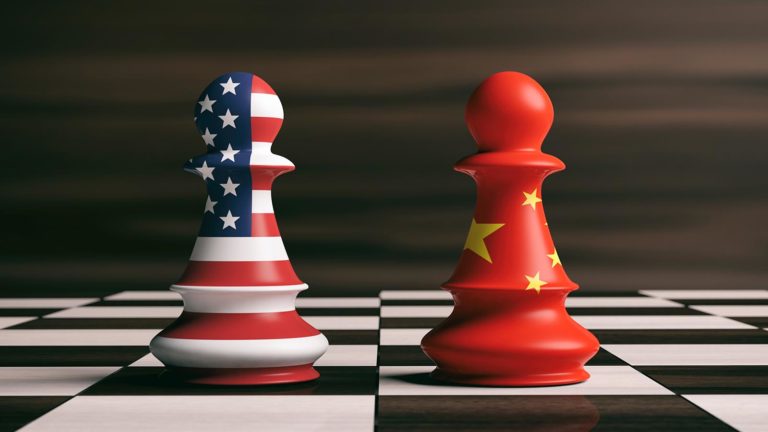Let’s face it. The U.S.-China trade war never went away. It just stopped getting much attention in the media, up until very recently. The administration of former President Donald Trump was characterized by frequent discussions and implementations of tariffs, particularly against China, which marked a notable departure from previous trade policies. President Joe Biden didn’t do much to remove or change that. But now that we’re in an election year, is a doubling down on tariffs coming? The answer to that question does have implications on global markets.
A little historical context is needed here.
The Trade War Backdrop
The late 2010s witnessed a significant escalation in trade tensions between the world’s two largest economies, the United States and China. The imposition of tariffs on billions of dollars’ worth of goods was a hallmark of Trump’s trade policy, aimed at reducing the U.S. trade deficit and combating what was perceived as unfair trade practices by China. This led to a tit-for-tat scenario, with China responding in kind. The resultant trade war saw the Chinese yuan experience a significant decline in value, affecting global markets and investor confidence.
At their core, tariffs are taxes imposed on imported goods. While they serve as a tool for governments to protect domestic industries, the reality is that the economic burden of these tariffs often falls on consumers. This is because companies importing goods subject to tariffs must pay higher prices, and these costs are typically passed down to consumers in the form of higher retail prices.
Let’s say Trump wins the election. He’s already proposed placing a 60% tariff on Chinese goods. In the context of a renewed trade war, particularly one that could potentially involve even higher tariffs on Chinese goods, the implications could be far-reaching.
If the previous trade tensions led to significant market disruptions and price increases, a more intense trade war could exacerbate these issues. And further stoke inflation.
The Bottom Line
A trade war does not operate in a vacuum. The global supply chain is intricately linked, and disruptions in trade between two major economic powers can have cascading effects across the world. Other countries could find themselves caught in the crossfire, facing collateral damage in terms of economic growth and investment flows. And given how precarious the global economy is with Germany, Japan, and the United Kingdom entering a recession, there could be some nasty volatility spillover if Trump were to win the presidency and implement even more aggressive tariffs .
Get ready for the trade war rhetoric to heat up approaching November. And pay close attention to risk assets as it does.
On the date of publication, Michael Gayed did not hold (either directly or indirectly) any positions in the securities mentioned in this article. The opinions expressed in this article are those of the writer, subject to the InvestorPlace.com Publishing Guidelines.

